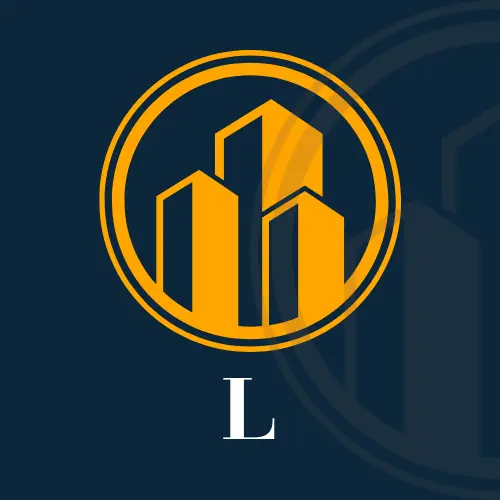
Liu Law
your real estate attorney in NJ

your real estate attorney in NJ
Commercial real estate transactions are typically more complex than residential transactions. A typical commercial transaction will most likely involve a higher purchase price and increased liabilities for both the buyer and seller. Unlike in a residential transaction, where the law provides for more oversight and protection, the law takes a more neutral approach in a commercial deal. This is because the courts expect that parties in a commercial transaction are sophisticated enough to be held to the terms of the deal they’ve entered. A buyer in the transaction is expected to conduct due diligence to investigate the transaction thoroughly before proceeding.
One of the factors that makes buying and selling commercial property difficult is determining the property’s value. When buying commercial property, current and future income streams must be factored into the sales price. This may be affected by economic factors, nearby competition, real estate development in the area, and development in the neighborhood. If a buyer is able to identify factors that’ll prove to be detrimental to the value of the property, he or she should attempt to negotiate concessions from the seller to offset any problems. These concessions may ultimately effect whether the commercial property earns or loses money for your business.
Another important factor to consider is the transfer of liability from the seller to the buyer. For example, if an environmental hazard is found on the property, the buyer may be held responsible for the cleanup and any associated consequences, even if the seller caused the problem. Addressing liabilities such as this is a costly and time-consuming process. That’s why it’s imperative that various professional inspections be conducted to uncover these issues before closing on a commercial property.
More often than not, the use of a “standard lease form” is not the best option in a commercial leasing situation. Many landlords will use these standardized forms without fully understanding their meaning and tailoring them to their specific circumstances. Likewise, tenants will make little to no changes to the standard form, assuming nothing will go wrong during the lease term.
Unlike with residential leases, which are usually for a term of one or two years, a commercial lease can last for up to several years. Furthermore, if the property is sold, the landlord may not be the same person or entity later down the road. These factors can lead to issues between landlord and tenant and the “standard lease form” may not be enough to protect the interests of the parties involved. A myriad of other concerns may remain overlooked, under-negotiated, or misunderstood by both the landlord and tenant including, but not limited to:
It’s essential that both landlord and tenant incorporate language into the commercial lease agreement that’ll safeguard each party’s interests in the event of a breach of contract by either side or any unforeseen circumstance such as fire or natural disaster.